 W
WJames Anderson was an 18th-century Scottish physician and botanist. In 1783 he was a joint founder of the Royal Society of Edinburgh. He spent his later life in India.
 W
WSurgeon Rear Admiral William James Carr, was an Australian naval officer and physician, who served as the Royal Australian Navy's Director of Naval Medical Services from 1932 to 1946.
 W
WSurgeon Rear-Admiral Walter John Elliot QHS, MD, CM was the 22nd Canadian Surgeon General.
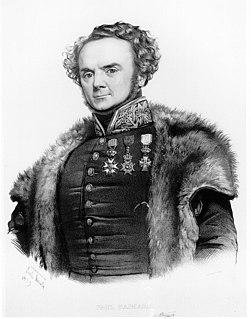 W
WJoseph Paul Gaimard was a French naval surgeon and naturalist.
 W
WJean-Baptiste-Édouard Gélineau was the French physician who first described narcolepsy.
 W
WAlexander Gordon MA, MD was a Scottish obstetrician best known for clearly demonstrating the contagious nature of puerperal sepsis. By systematically recording details of all visits to women with the condition, he concluded that it was spread from patient to patient by the attending midwife or doctor, and he published these findings in his 1795 paper "Treatise on the Epidemic Puerperal Fever of Aberdeen". On the basis of these conclusions, he advised that the spread could be limited by fumigation of the clothing and burning of the bed linen used by women with the condition and by cleanliness of her medical and midwife attendants. He also recognised a connection between puerperal fever and erysipelas, a skin infection later shown to be caused by the bacterium Streptococcus pyogenes, the same organism that causes puerperal fever. His paper gave insights into the contagious nature of puerperal sepsis around half a century before the better-known publications of Ignaz Semmelweis and Oliver Wendell Holmes and some eighty years before the role of bacteria as infecting agents was clearly understood. Gordon's textbook The Practice of Physik gives valuable insights into medical practice in the later years of the Enlightenment. He advised that clinical decisions be based on personal observations and experience rather than ancient aphorisms.
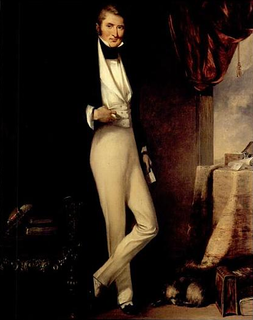 W
WWilliam Jardine was a Scottish physician and trader who co-founded the Hong Kong based conglomerate Jardine, Matheson & Co. Following his return to England from the Far East, between 1841 and 1843, he was Member of Parliament for Ashburton representing the Whig party.
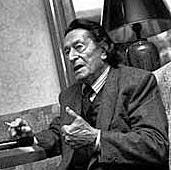 W
WHenri Laborit was a French surgeon, neurobiologist, writer and philosopher. In 1952, Laborit was instrumental in the development of the drug chlorpromazine, published his findings, and convinced three psychiatrists to test it on a patient, resulting in great success. Laborit was recognized for his work, but as a surgeon searching for an anesthetic, he wound up at odds with psychiatrists who made their own discoveries and competing claims.
 W
WRené Primevère Lesson was a French surgeon, naturalist, ornithologist, and herpetologist.
 W
WAlexander Gordon Lyle was an officer in the United States Navy who received the Medal of Honor for his actions during World War I. He is one of only three dental officers to have received the medal, the others being Weedon Osborne and Ben L. Salomon.
 W
WAlistair Forbes Mackay was a Scottish physician, biologist, and polar explorer known for being the first, along with Australians Douglas Mawson and Edgeworth David, to reach the South Magnetic Pole on 16 January 1909, during the British Antarctic Expedition of 1907–1909.
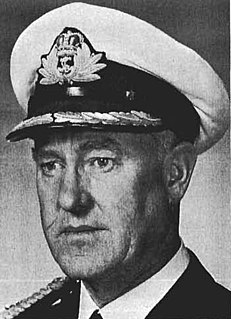 W
WSurgeon Rear-Admiral Timothy Blair McLean, CD, CStJ, QHS was the 21st Canadian Surgeon General.
 W
WWeedon Edward Osborne was a United States Navy officer and a recipient of America's highest military decoration—the Medal of Honor—for his actions in World War I. He is one of only three dental officers to have received the medal, the others being Alexander Gordon Lyle and Ben L. Salomon.
 W
WErich Paulun was a German naval surgeon. After leaving active duty in 1899, he founded together with the German doctor Oscar von Schab the Tung Chee Hospital for Chinese. He founded the Shanghai German medicine school in 1907, the German government established the "German Medical School for Chinese in Shanghai". Paulun was the founding rector. Today, Tongji Medical College of Huazhong University of Science and Technology in Wuhan relies on this foundation.
 W
WCharles Pellarin (1804–1883) was a French naval doctor, utopian socialist, sociologist, anthropologist and journalist. He was the first biographer of Charles Fourier.
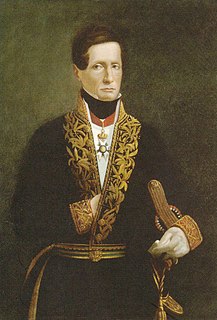 W
WJean René Constant Quoy was a French naval surgeon, zoologist and anatomist.
 W
WWilliam Samuel Waithman Ruschenberger was a surgeon for the United States Navy, a naturalist, and an author.
 W
WJohan Herbert Westermark was a Swedish physician. Westermark served as Surgeon General of the Swedish Navy (Marinöverläkare) and chief of the Swedish Naval Medical Officers' Corps from 1937 to 1956